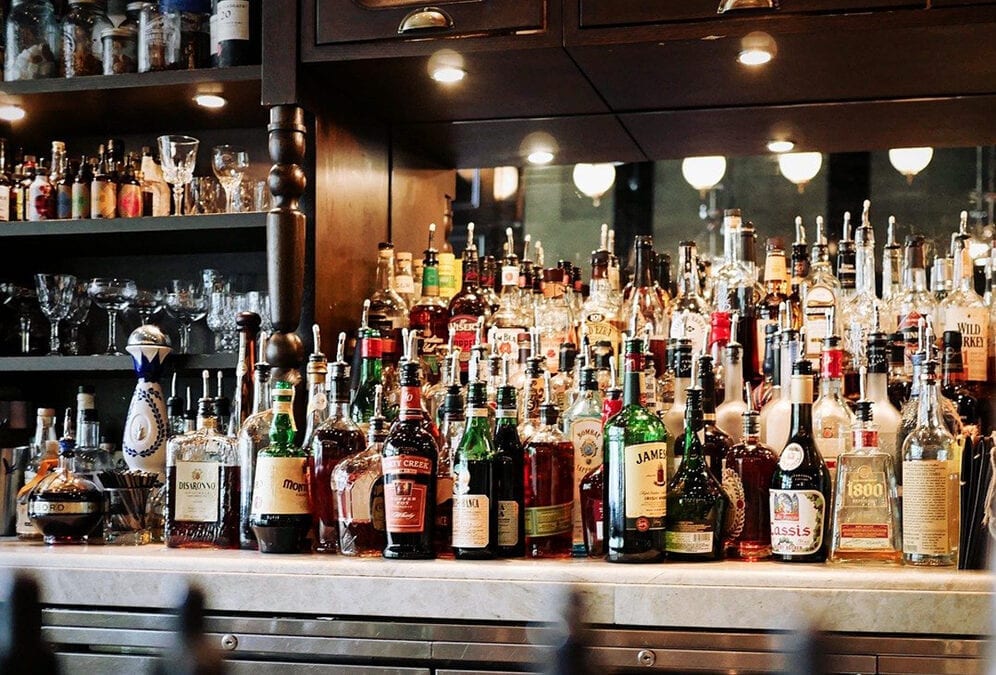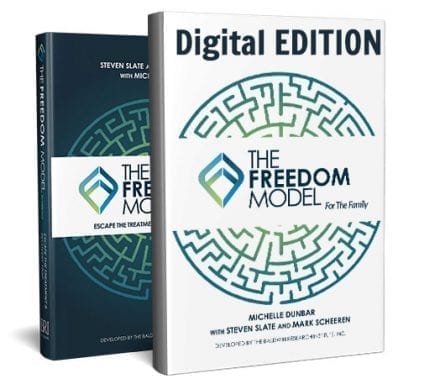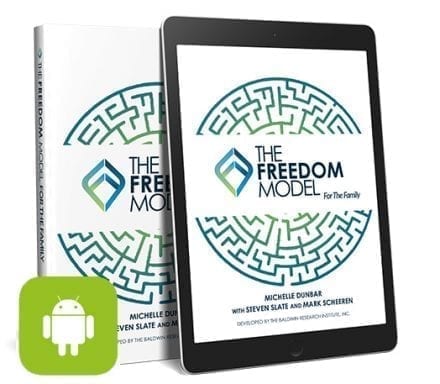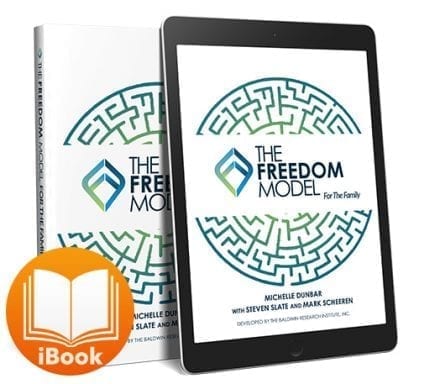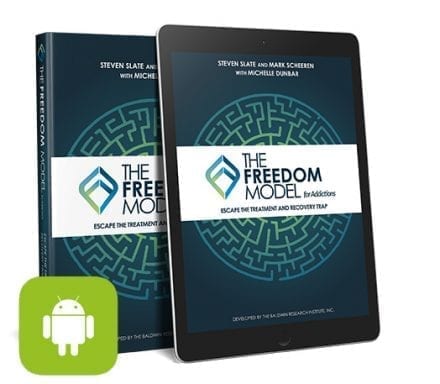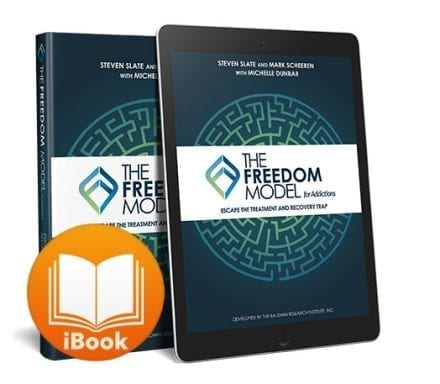The Binge Construct
Learning How to Move Past a Drug or Alcohol Binging Habit
People drink and drug in all kinds of various ways. Some use infrequently like the lady who occasionally gets too drunk at the nightclub or at her dinner parties, or the guy who gets high when he sneaks away from the family, or the college aged person who hits it hard on Friday or Saturday nights. Others are more consistent users; they are the daily drinkers, the heroin users who chase drugs all day and night, or the meth users who get high until they cannot stay awake one more day, then they sleep it off only to start off again on another 4 day run. There is one type of user that seems to have a harder time finding a solution. They are the people who have a highly predictable and consistent, but terribly confounding and destructive, style of binging. They may go several weeks without drinking or using their drug(s) of choice, and then they let loose for a night, a weekend, or several days. In some cases these binges end in a trip to the emergency room, an arrest, a job loss, or a fight with their spouse. Then they swear off the substance until the next epic binge. The good news is, the pattern can be broken and changes can be made so it never happens again.
The Bingers
The bingers I am discussing have periods of not drinking or drugging; sometimes these are long spans of abstinence. Then, seemingly out of the blue, their period of abstinence ends with a period of days or weeks of heavy destructive use. The binge ends when they drink or drug themselves into a deep hole that’s filled with regret, confusion, physical ramifications, and shame. Once their binge hits this proverbial wall, they might need detox or a brief hospital stay to get back on their feet both physically and mentally. Some bingers might not be this extreme; they might simply drink or drug themselves to a point of despair and then return to a more normal lifestyle once things get bad enough – but in these cases they do so without the urgent need of detox protocols or medical care. The point is, as a class, these individuals have a very defined style of binging that makes them feel physically awful, embarrassed, and in many cases downright hopeless when it’s done. I’ve heard these people tell me hundreds of times through the years, “Mark, I just do not understand why I do this! By the end of the binge I absolutely hate it! Yet, I keep doing it. What is wrong with me?”
The Binge Construct
These bingers have a formula that is similar across the spectrum of their use. After meeting and teaching thousands of men and women in this demographic, I’m always amazed by the consistent nature of their use patterns. The details of each individual’s use of the binge might be different and varied, but the roadmap of how and why the binge starts and then grows into a crescendo of pain and hopelessness is predictable. But again, you need to know that this binge pattern is also something that can be stopped for good.
We call this pattern of use the “binge construct” because the individual constructs the way they use alcohol and drugs within their mind first as a concept. The actions – the actual behavior of the binging – come after the thoughts that drive it. So the question becomes – what are the thoughts that drive this type of destructive use?
To begin, I want you, the reader to understand that I’m going to lay out the general path that the binger takes from start to end, and that this pattern will be describing a general pattern. In reality, the details of these binges are much too diverse to discuss in an article of this size, so I will stick to the generalities. With that said, I will be as accurate as I can be, and will use my 31 years of listening to tens of thousands of cases to make the case here.
The Binge Part 1 – The Motive for Use:
Every substance user, binger or not, is motivated by some desire for happiness in their substance using habits. As we wrote in The Freedom Model for Addictions, Escape the Treatment and Recovery Trap:
“…people are actively and freely choosing each time they take a dose of drugs or alcohol, and that one simple thing motivates this: the pursuit of happiness. There can be all sorts of reasons for substance use held in the mind of the individual (pleasure, stress relief, a desire for a social lubricant), but it all boils down to the substance user seeing the next dose as their best available option for feeling good in some way. Some will say that heavy substance users find the conditions of their life intolerable while sober, and so they use substances as an escape. But this is just another way of saying that they see intoxication as the happier option.”
There can be many different reasons why people start a binge, but the three most common reasons I’ve heard over the last 31 years are:
- An emotional escape from the grind of life.
- Stress relief.
- A license to misbehave.
The first two are similar. Escape can be seen as anytime a person feels like life has got them down; they use the binge to leave this world for one better, even if it’s just for a little while. They might have a bad marriage they are trying to escape from, or a job they dislike, or boredom, or just about anything they personally want to temporarily leave behind. Alcohol and drugs are the vehicle they use to “escape.”
Unlike escaping, the stress relief reason for starting a binge is quite a bit more pointed. While sources of stress may be similar to those mentioned under the escape banner, a person using stress relief can be very detailed in their descriptions of what they are trying to accomplish with their use. Stress is an inherent part of living, and so this reason for a binge is used in nearly all those who start their own binging habit. It might be the attempt to relieve stress from a career (very common), financial pressures, relationship struggles, etc. that become the focus of the benders.
We know that substances cannot pharmacologically make a person escape, nor can it relieve stress of any kind, whatsoever. However, because this illusion is cemented in the Western consciousness, it nonetheless becomes a major driver in setting a binge in motion. (For more information on why stress relief and escapism are illusions that we manifest as real, read chapters 17-20 in The Freedom Model for Addictions, Escape the Treatment and Recovery Trap.)
The license to misbehave is commonly used as a reason for binging as well. To “let loose” and go wild while drinking is a normal practice in many cultures. Individuals who choose to live out their personal needs and private fantasies they feel they can’t live out without being intoxicated, is common. Behaving in exaggerated or wild ways while drunk or high is again, a common experience in many cultures, and is a motive in many binges. (For more information about the License to Misbehave, read Chapter 19 of The Freedom Model for Addictions, Escape the Treatment and Recovery Trap.)
While each of these reasons for a binge are commonplace, I want to be clear – there can be many other reasons for binging, but these seem to be the most common amongst this population.
I’ve heard many tell me that they don’t intend on the binge developing into a nightmare, yet that is exactly what happens for many of these people. They drink or drug themselves sick and become demoralized nearly every time they go down this path. It is this fact that has them mystified. This is why I’ve showcased the three most common front-end reasons for a binge. For example, looking for a little relief of stress from a bad marriage doesn’t seem all that unreasonable. Moderate users do this all the time with impunity. But the bingers just keep going until the train runs right of the tracks! This just adds a net gain of stress after it is all said and done, so any stress relief they felt they should have received went down the drain anyway. The question is why do these people choose to crash and burn, knowing it’s going to end that way?
Binge Construct Part 2 – The Fantasy
Like so many thing in life, what ends badly didn’t start out that way. Many bingers start a bender with relatively normal motives to use their drug of choice somewhat moderately. They might even start with a limited amount of alcohol and drugs to keep them from going heavy, and they begin an almost innocent drinking or drugging adventure. But at some point (and this point in the binge is the reason people repeat the oft said myth, “once I start, I can’t stop”) they make the conscious choice to go from a mild drunk or high, to putting the gas pedal to the floor. This change in the bender is where the motive of the moderate user changes to a heavy user. In some cases this is only a few hours into the binge. For others it might be a day or two into moderate use when they choose to delve deep into their fantasy world. Regardless of the timing, a switch in motive takes place. They no longer want the lighter side of drinking or drugging – they now want to dive into their fantasy habits. Again, few binges start out this way, but nearly every heavy binger I’ve talked with has described some version of this progression of thought and action.
If you are a binger, you know that very little of the binge is in front of other people. It is actually designed this way. You might even have a room in your house where you sneak away and avoid everyone. I know of hundreds of businessmen and businesswomen who will hide in hotel rooms for days and drink/drug themselves blind. In that part of the binge, all kinds of fantasy behavior is expressed. Because the binger is a believer in the license to misbehave when drunk or high, they might compulsively shop while drunk, watch excessive amounts of pornography, indulge in soliciting prostitutes or have affairs, or just get smashed and concentrate solely on the buzz for days on end. It’s a time for them to indulge in their fantasies. Many of the cultural myths about the “powers of drugs” are manifested in this stage as well. The more the binger believes that a drug can make them escape, have relief from stress, and allows them to live in a fantasy world, the more they will indulge. The root of the problem lies in their belief in the magical powers of substances and that drives the use, fueling it.
Binge Construct Part 3 – Inevitable Reality
Eventually though, physical sickness and mental reality break through the fantasy stage. No matter how much drugs or alcohol was ingested, the binger cannot escape reality. Their intact mind breaks through the hot, hazy sickened buzz like a light illuminating a messy dark room, and no amount of substances can make the contents of that room now disappear from their mind’s eye. The fantasy is now seen for it’s boring repetitiveness, the high is no longer new or distracting, their body is reeling with sickness and pain, and remorse for their poor choices during the bender comes streaking in.
The interesting thing about this part is that the binger is quite literally pickled by this point in the binge. They are by all accounts the most saturated with their drug of choice, and yet, reality becomes the unavoidable name of the game. Eventually, even the most alluring of fantasies must come to an end because they too become boring like any other activity that has become wrote. The binge begins to wind down and ends with the binger being a depressed, remorseful, lost soul.
Life – Here’s The Good News
All this binging and the cycle of misery it creates, ends when the person realizes several important things:
- Substances don’t have powers or magic to relieve stress, cure boredom, make them escape the grind of life, or provide a license to leave the world to go live in fantasy. Drugs don’t do that – your mind does that, and it can do that sober.
- You can live out those fantasies without alcohol or drugs. You can better weigh out the options when sober, and consequently the potential for remorse will be much less. However, if there is a fantasy you really do need to express and it might harm the feelings of those around you, you might get honest about that particular fantasy, or you can talk with a therapist or good friend about the choice at hand before you make a move. But know this; most of your fantasies can come true, but they will naturally be less excessive because you’re not trying to stuff them into a limited drunken window.
- You cannot escape reality, and reality isn’t so bad after all. Most of what we try to accomplish with a binge, we end up actually destroying. We want fun, peace, and fantasy. We end up with more stress, lost resources, and excessive fantasies gone awry.
- If you knew you could have effective stress relief in life, could escape and do it responsibly and productively (I know those words don’t sound much like escapism!), and could live out some of your fantasies without hiding away and destroying your physical and mental health, would you no longer binge? Of course you’d make the change. And yes, that is all possible.
Take the time now to write down your binge construct by using the three part construct form as we have above. Once you know you reasons for use in Part 1, your excessive expression of your fantasies in Part 2, and the reality that no matter how saturated with drugs and alcohol you get, reality will break through as stated in Part 3 – then you will begin to troubleshoot and solve your binging issue. Knowing you no longer need alcohol and drugs to solve problems or to live out some of your desires, provides a path that is safer, more satisfying, more effective and will provide happier outcomes. Any process that has no downsides is an easy choice after all. Enjoy your freedom to choose better for yourself!
Mark Scheeren is the co-author of The Freedom Model for Addictions, Escape the Treatment and Recovery Trap, and is the co-founder and Chairman of the Saint Jude Retreat, the only residential non-12 step model for addiction in the world. For addiction help, call 888-424-2626
For more information about The Freedom Model go to TheFreedomModel.org

